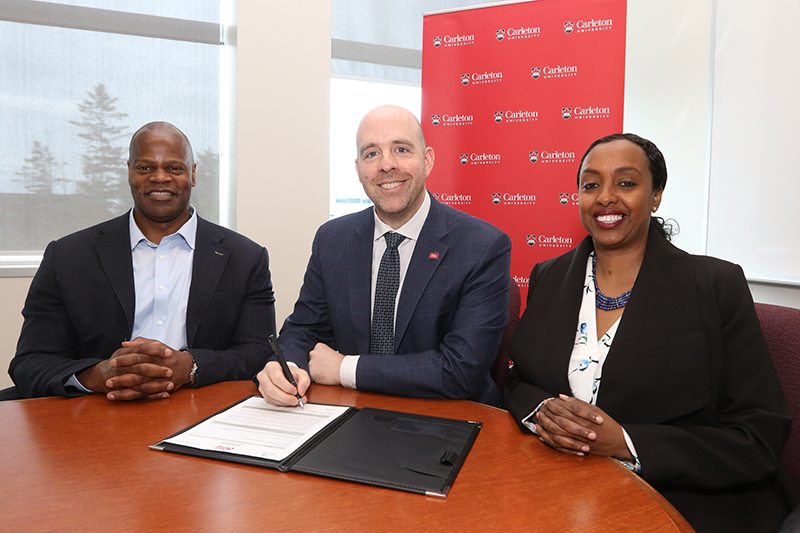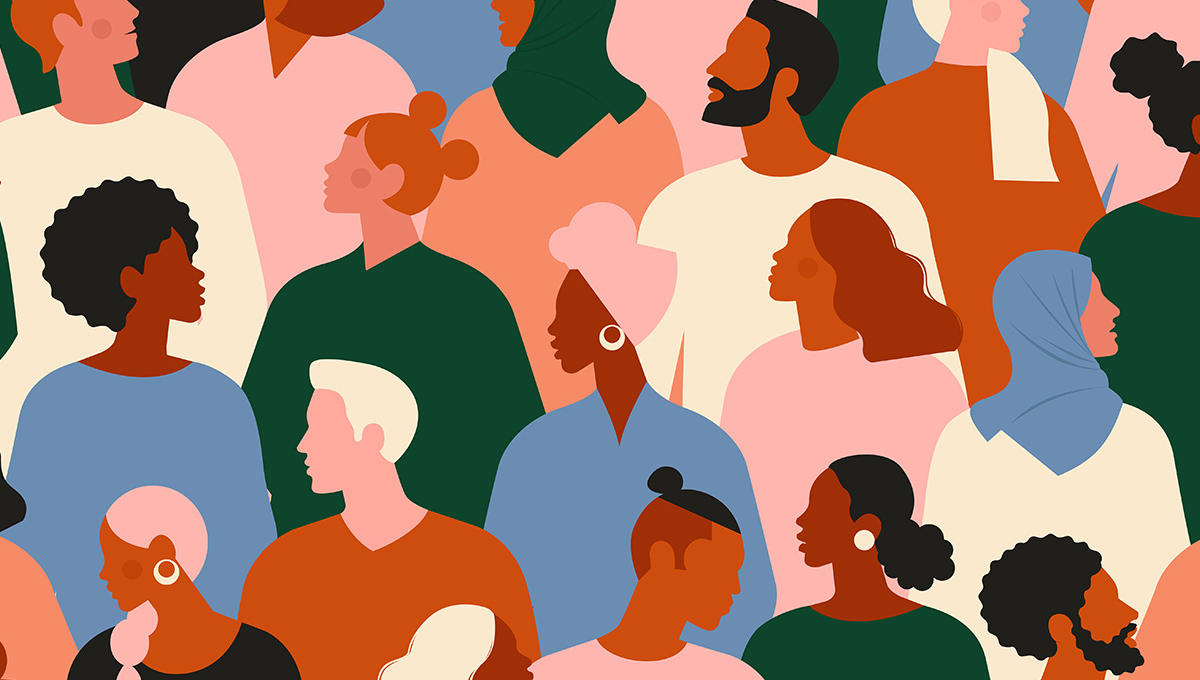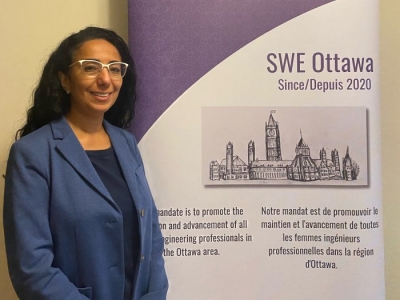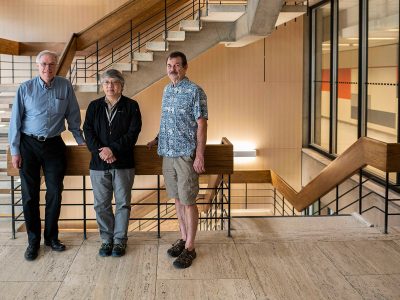By Tyrone Burke
Not everyone feels fully welcome at university. It is within reach to change that, but it will take careful consideration of how inequities can permeate academic institutions—and require concrete action to eliminate them. Carleton’s new Equity, Diversity and Inclusion (EDI) Action Plan aims to accelerate these successes and outcomes.
“We must take better stock of what a university loses by not integrating EDI into research, teaching, learning and working,” says Michael Charles, assistant vice-president and university advisor for Equity and Inclusive Communities, who led the initiative.

Assistant Vice-President and University Advisor for EIC Michael F. Charles
Formed in April 2020, the Equity and Inclusive Communities Advisory Group consulted extensively with the Carleton community to develop a plan that identifies existing inequities, opportunities for greater inclusion and makes recommendations on how to address them. Action on some of these recommendations is already in motion.
“We made sure to include a variety of perspectives in the development of the plan. We consulted with folks who had disciplinary and experiential expertise from across the institution,” says Charles.
“Our Advisory Group composition reflected gender, included racialized and non-racialized folks, Indigenous folks, Muslims, Christians, LBGTQ folks, differently-abled folks and others—in all of their intersecting expressions. We were at pains to maximize the spectrum of perspectives brought to bear. We held town halls, online platforms, and we made sure that everyone had an opportunity to contribute. We reached out generally, but we also made sure to connect directly with under-represented groups.”
The action plan is comprehensive and makes recommendations about how to improve student supports, research infrastructure, leadership development for academic and non-academic staff, organizational culture and more. Read the full plan here.

The Decolonization of Academic Curricula
One step that will make a meaningful difference for thousands of undergraduate students is the decolonization of academic curricula. Carleton’s deans have agreed to review programs and gateway courses to bring in new ideas and critical perspectives. Because these courses serve as prerequisites for further study, it is especially important that students feel that they belong.
“This will help prepare all Carleton students to interact cross-culturally in the labour force, enrich their scholarship, and should ultimately contribute to the research output and ecosphere of the university,” says Charles.
There will also be important implications for research. A new cluster led by the Office of the Vice-President (Research and International) will focus on the study of racialization and racial inequality. For students, additional funding will be available for research related to equity, diversity and inclusion.

From left to right: Assistant Vice-President and University Advisor for EIC Michael F. Charles, Carleton University President Benoit-Antoine Bacon, and EIC Senior Advisor Ikram Jama
“Valuing and providing more early-career opportunities for research should inspire more students from traditionally under-represented groups to complete their studies and go on to graduate work,” says Charles.
“We know that students from under-represented groups will be more inclined to achieve their post-secondary ambitions if they have the opportunity to conduct research relevant to their lives and experiences. Funded research does not need to be exclusively focused on equity, diversity and inclusion. If there is a related application or implication, it could be eligible for these competitive scholarships.”

Understanding our Community’s Needs Adequately
The plan formally launched on Dec. 2, 2020, and Carleton is already implementing some of its recommendations. One of the first major projects emanating from the action plan relates to the collection of disaggregated demographic data about employees and students.
“In the past, we have collected data about ‘visible minorities,’ as a single amorphous category, but the experience of a Chinese person may be different from the experience of a Black person, or a person who identifies as ‘Latinx.’ Even these subcategories lack conceptual consistency. ‘Black’ refers to ‘skin colour,’ while Chinese focuses on nationality (or in certain contexts, ethnicity) as an organizing principle. By lumping everyone into one category; we cannot understand our community’s needs adequately,” says Charles.
“The same could be said for the way we collect data on gender, disability, Indigeneity and sexual orientation. We need to disaggregate that information, and we are already working with Information Technology Services, the Registrar’s Office and Institutional Research and Planning to do that.
“We have hit the ground running with our first big project.”
Wednesday, December 2, 2020 in Equity Services
Share: Twitter, Facebook



